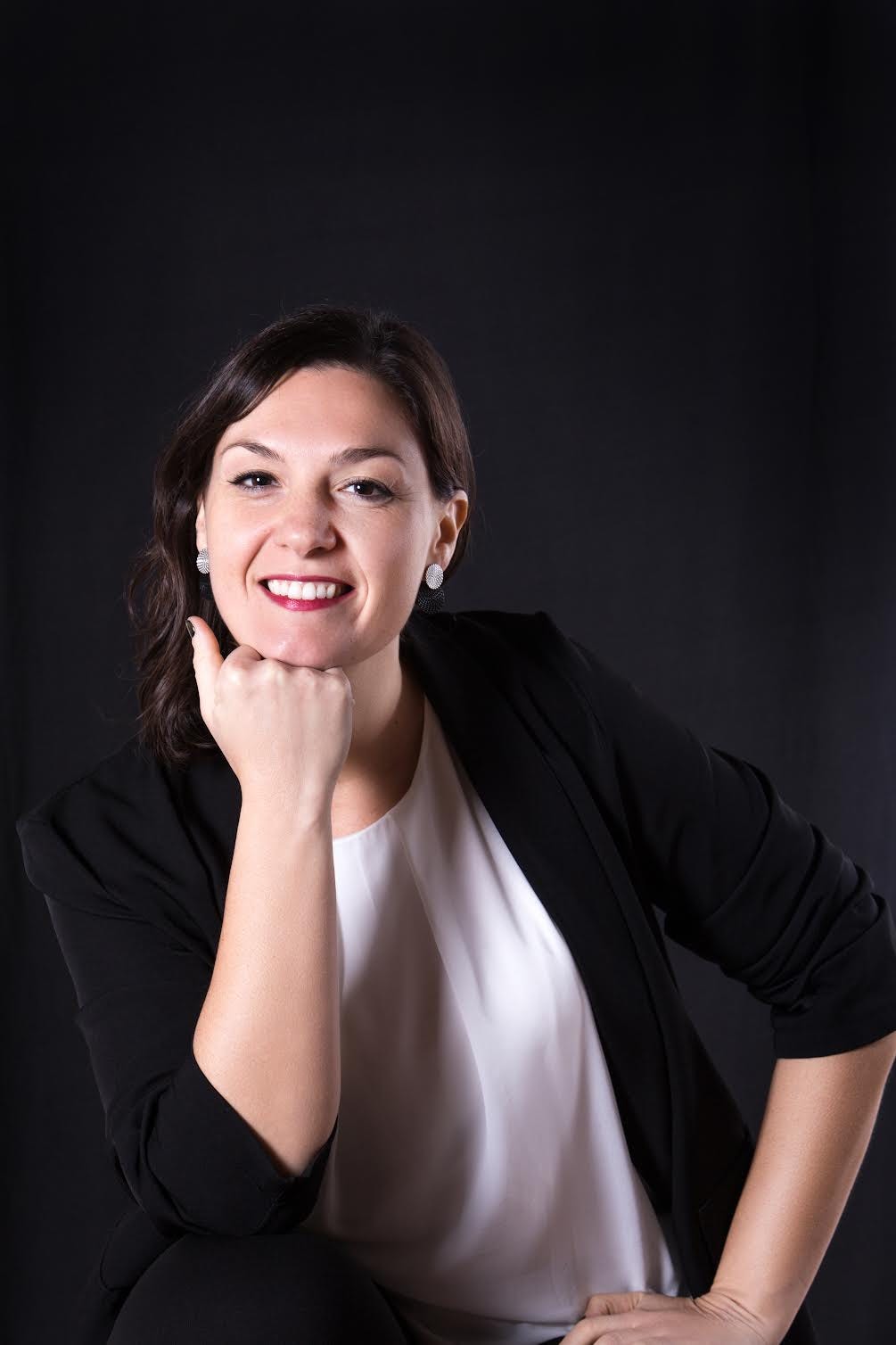So, what are you doing—are you leaving?
La storia di Giulia Siffu
E quindi che fai, te ne vai?
La storia di Giulia Siffu: dal gallurese difeso con una tesi alla comunicazione digitale tra Liguria e Zurigo, con la Sardegna sempre nel cuore.
“E quindi che fai, te ne vai?”
Questa è la prima cosa che ti chiedono quando dici che stai per lasciare la tua terra.
E spesso la risposta è complicata. “Perché non te ne vai. Ti spost…


